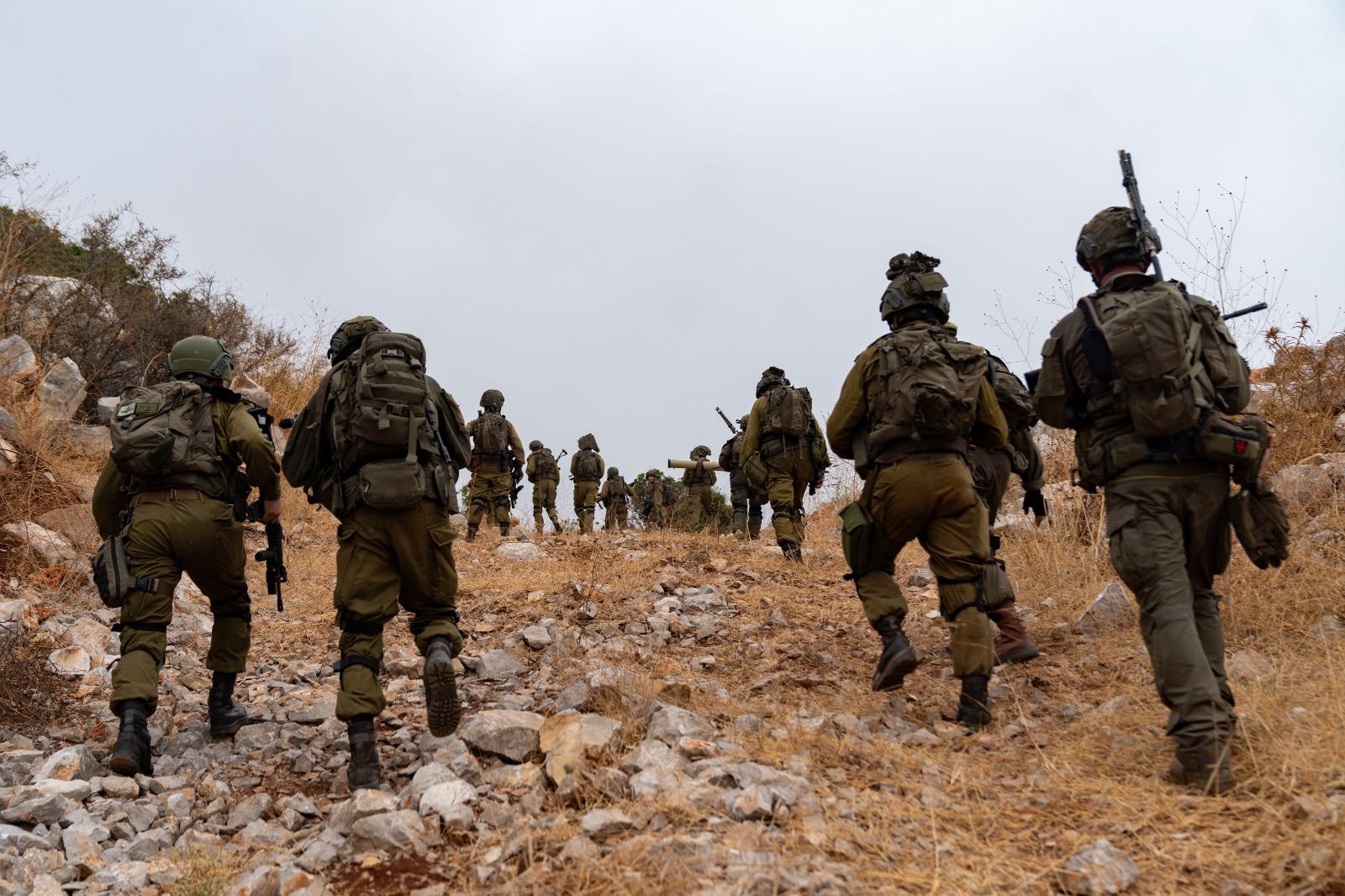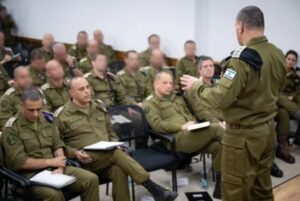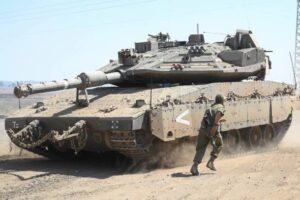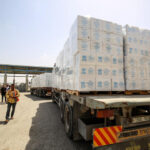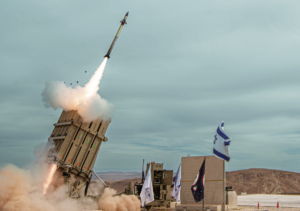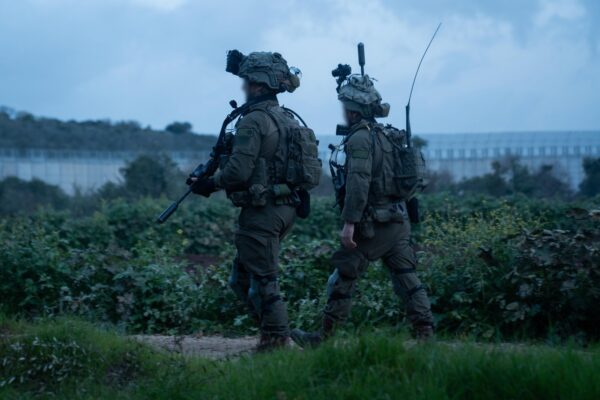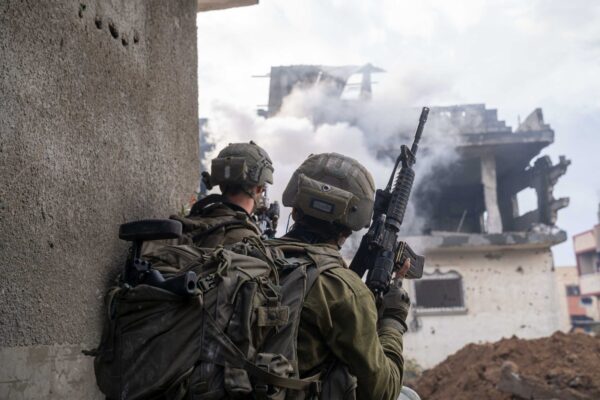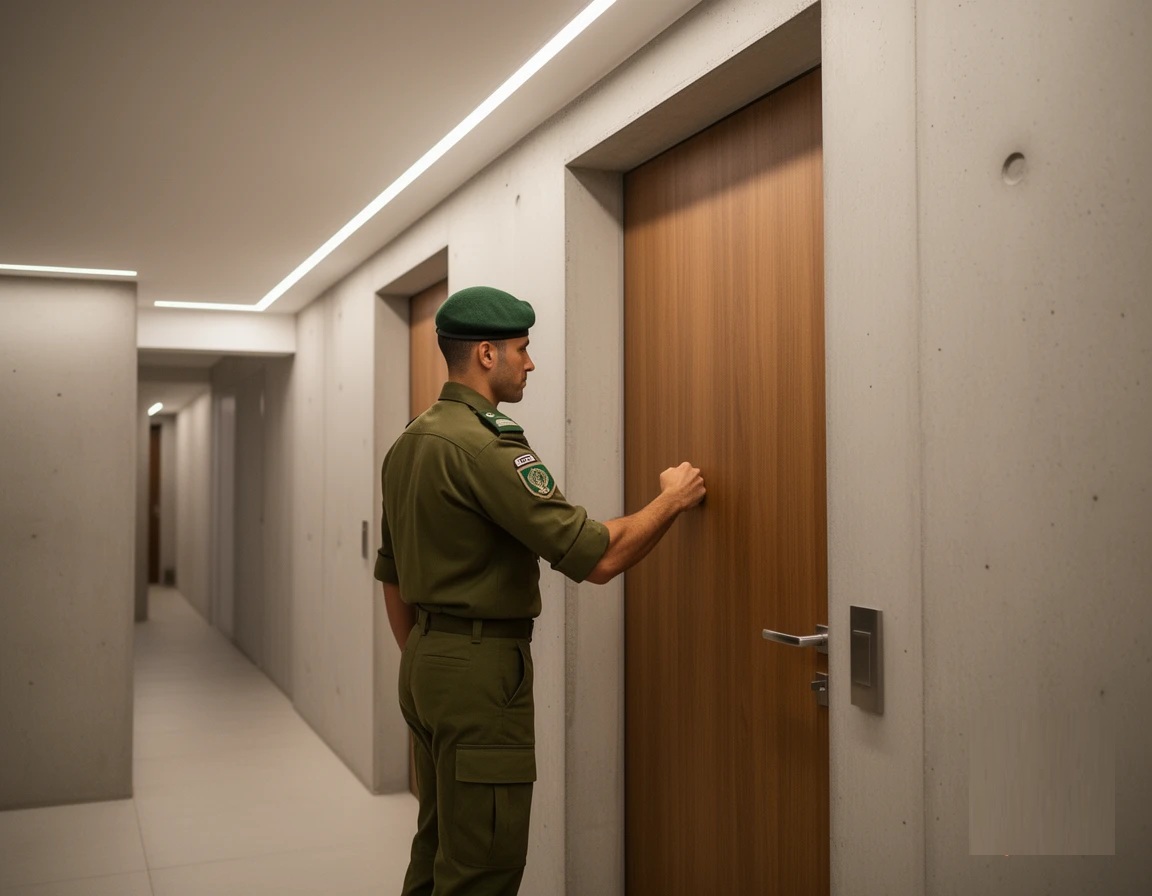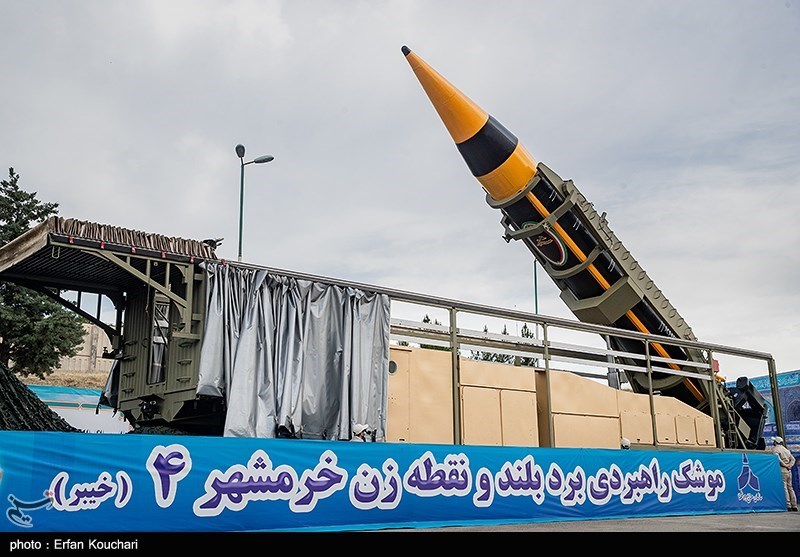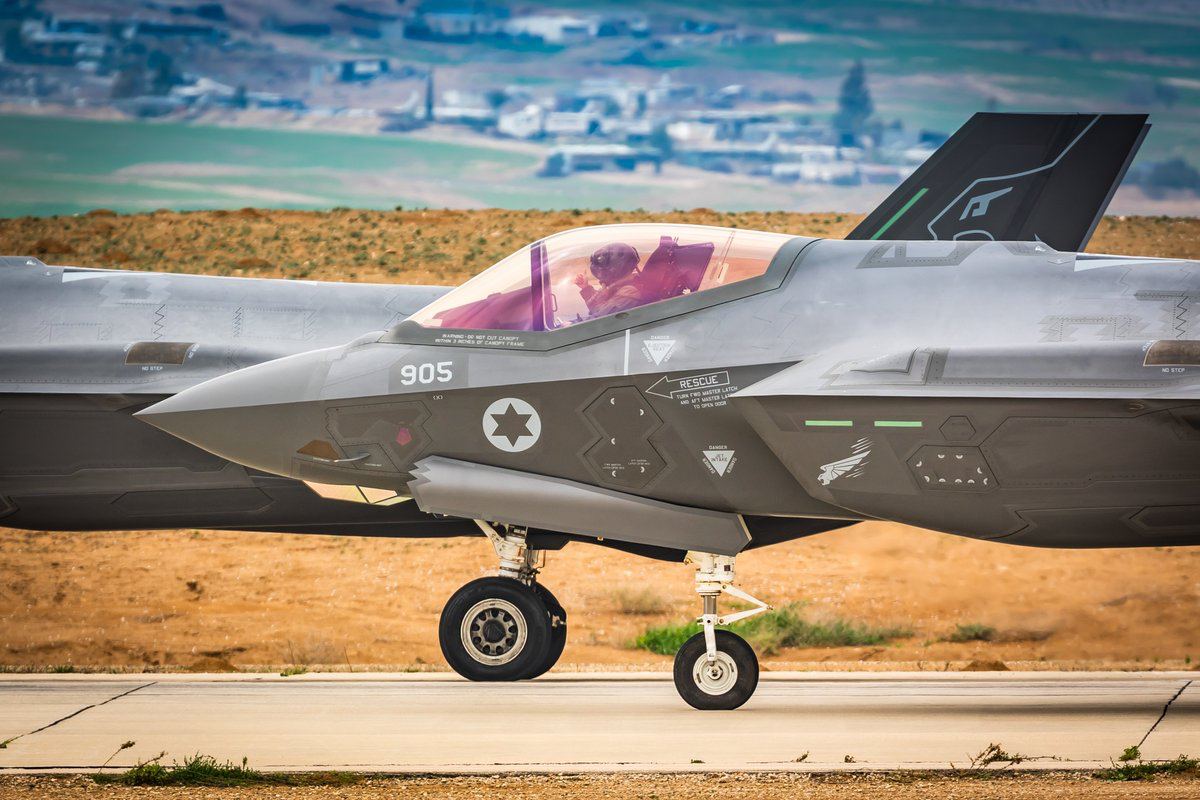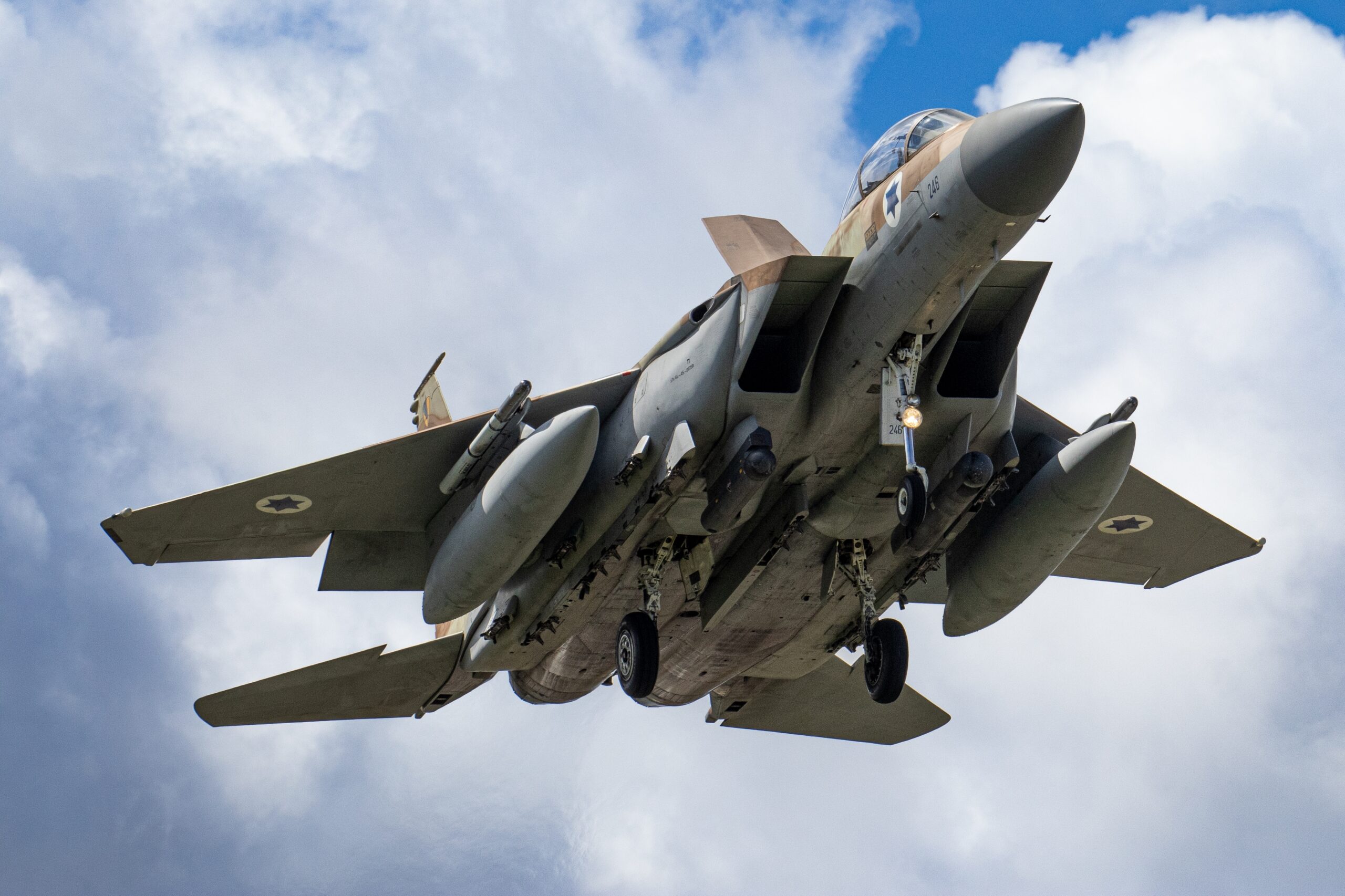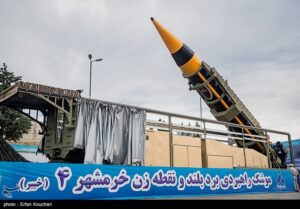The early days of the war were fueled by intense motivation, but a shift to defensive tasks last January dulled the sense of purpose.
By Gila Isaacson, JFeed
The Israel Defense Forces (IDF) urgently deployed the headquarters of Reserve Division 99 to the Gaza Strip on Tuesday, replacing Reserve Division 252, whose reservists reported significant exhaustion after over 300 days of service during the ongoing conflict.
The decision, announced on Israel’s Galei Tzahal radio, reflects the mounting strain on reservists as the war stretches into its second year.
Sources familiar with the situation told Galei Tzahal that reservists in Division 252, which has been operating in Gaza for four consecutive months, raised alarms about their inability to continue indefinite service.
The reservists, many of whom have juggled civilian lives alongside extended military duties, demanded clarity on when their current deployment would end.
In response, the IDF expedited the rotation, calling up Division 99 on short notice to take over border operations.
The reservists of Division 99 were initially informed by their operations officer that no immediate call-up was expected, with no need for standby readiness.
However, just three days later, they received a new directive: a 148-day reserve duty period, extending through November 2025, covering the summer and the Jewish High Holidays.
“This will be a long and challenging period,” the letter warned, according to sources.
The two reserve divisions have been alternating duties along the Gaza border for months, but the latest swap was driven by the reported burnout within Division 252.
The IDF, in a statement, said it adjusts force deployments based on operational needs but provided no further details on the reservists’ concerns.
Toll of Prolonged War: Burnout, Trauma, and Fading Motivation
After nearly two years of relentless combat, regular IDF soldiers are dealing with severe physical and mental exhaustion, as reported by Ynet.
Shachar (not his real name), an infantry soldier in his final four months of an extended three-year service, recalls the initial surge of energy at the war’s outset, when he willingly missed personal milestones to serve.
“We felt pride seeing schools and shops reopen in the north,” he says. But the endless fighting in Gaza, coupled with uncertainty about the war’s duration, has eroded morale.
“Everyone’s worn out,” Shachar admits, sustained only by loyalty to his comrades. Facing immediate reserve duty post-discharge, he feels trapped in a cycle of exhaustion with no end in sight.
Noam, another infantry soldier nearing discharge in December, agrees. The early days of the war were fueled by intense motivation, but a shift to defensive tasks last January dulled the sense of purpose.
“We’re just waiting for something to happen,” he says, frustrated by unclear military goals and political decisions prioritizing cost-saving over soldiers’ safety.
The mental toll is stark, nightmares are so common that soldiers jokingly welcome each other to the “club” of post-trauma.
Noam laments the lack of a break before reserve duty, feeling that a peaceful life is out of reach. “You’re screwed, and that sucks,” he says bluntly.
Amir, an armored corps soldier, describes a sharp decline in motivation and mental health among his peers.
The relentless cycle of combat and vehicle maintenance has led to burnout, with some soldiers refusing to fight and others battling suicidal thoughts or sleeplessness.
“We’re not who we were,” Amir reflects, noting a drop in alertness that endangers lives. The lack of broader conscription exacerbates the strain, leaving regular soldiers overworked and undervalued.


